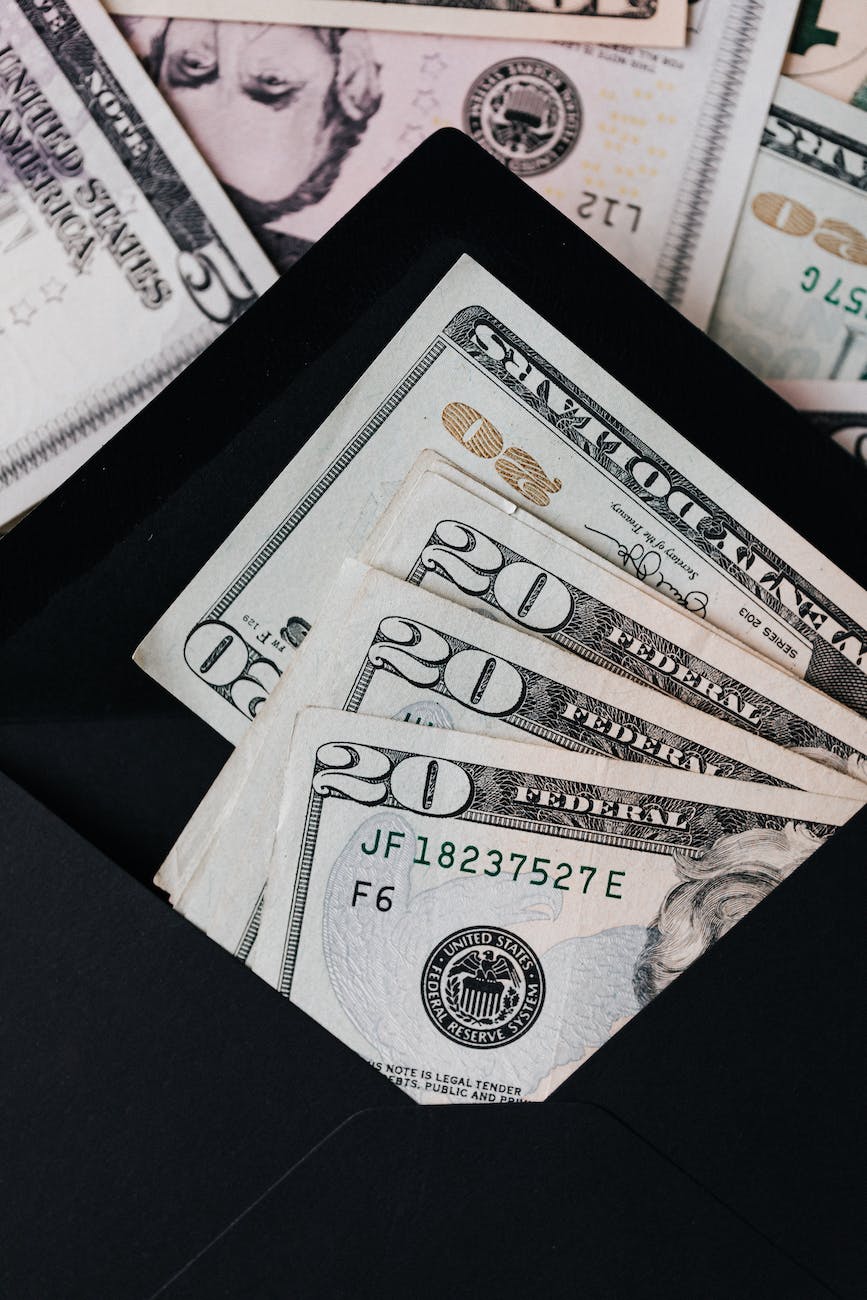In today’s fast-paced world, managing personal finances has become increasingly challenging. Many people struggle to save money and build wealth due to various financial obligations and temptations. However, adopting a simple yet powerful principle can transform your financial life: paying yourself first. In this article, we will explore the concept of paying yourself first, its benefits, and when and how to implement it in your financial routine.
I. Understanding “Pay Yourself First”
Before delving into the details, let’s understand what it means to “pay yourself first.” The concept entails prioritizing saving and investing a portion of your income before allocating funds to other expenses. Rather than saving what is left after spending, paying yourself first involves making saving a top priority.
II. The Benefits of Paying Yourself First
- Building Financial Security: Paying yourself first establishes a solid foundation for financial security. By consistently saving and investing, you create a safety net that protects you during emergencies and unexpected expenses.
- Creating a Wealth Mindset: Prioritizing personal savings fosters a mindset focused on building wealth. You shift from living paycheck to paycheck to actively working towards long-term financial goals and aspirations.
- Capitalizing on Compound Interest: Paying yourself first allows your money to grow through the power of compound interest. By investing early and consistently, you harness the potential of your money multiplying over time.
- Reducing Financial Stress: Having savings in place alleviates the stress associated with living on the edge of financial instability. It provides a sense of security and freedom, allowing you to focus on other areas of your life without constant money worries.
III. When to Pay Yourself First
- As Soon as You Receive Income: Make it a habit to pay yourself first as soon as you receive your paycheck or any other form of income. Set aside a predetermined percentage or amount to be saved before allocating funds for other expenses.
- Establish an Emergency Fund: Building an emergency fund should be one of your initial goals when paying yourself first. Aim for a minimum of three to six months’ worth of living expenses in a liquid and easily accessible account.
- Debt Repayment: While it may seem counterintuitive, paying yourself first can also include allocating funds towards debt repayment. By reducing debt burdens, you free up resources to further invest in your financial future.
IV. Strategies for Implementing Pay Yourself First
- Automate Savings: Set up automatic transfers from your checking account to a separate savings or investment account. This ensures that saving becomes a priority and eliminates the temptation to spend the money elsewhere.
- Budgeting: Create a realistic budget that considers your income, expenses, and savings goals. Track your spending and identify areas where you can make adjustments to free up more funds for saving.
- Start Small, Increase Gradually: If saving a significant percentage of your income seems daunting, start with a smaller amount and gradually increase it over time. The key is consistency and building the habit of paying yourself first.
- Prioritize Financial Education: Expand your financial knowledge and seek advice from professionals. Understanding investment options and strategies will help you make informed decisions and maximize the growth of your savings.
Conclusion
Paying yourself first is a transformative financial practice that empowers you to take control of your financial future. By making saving and investing a priority, you set yourself up for long-term success, stability, and financial freedom. Start by allocating a portion of your income towards savings and build from there. Embrace the mindset of paying yourself first, and watch your wealth grow as you consistently prioritize your financial well-being.
Next paying yourself first is a fundamental principle that can pave the way for financial success. By allocating a portion of your income to savings and investments before addressing other expenses, you create a solid foundation for a secure and prosperous future. The benefits of paying yourself first extend beyond financial security, as it instills a wealth mindset, capitalizes on compound interest, and reduces financial stress.
Remember to start paying yourself first as soon as you receive income, establish an emergency fund, and consider debt repayment as part of the process. Implement strategies such as automating savings, budgeting wisely, starting small and increasing gradually, and investing in financial education to enhance your financial journey.
Embrace the power of paying yourself first and take the first step towards achieving your financial goals. With dedication, discipline, and a long-term perspective, you can build a strong financial future and enjoy the freedom and opportunities it brings. Start today and embark on the path to financial success.
Do you pay yourself first?
Tip use direct deposit to automate this process


